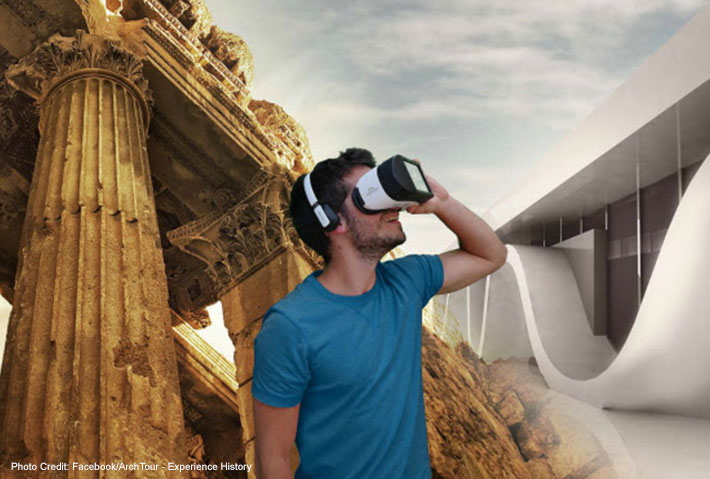Time Travel to Ancient Israel With ‘Vortex’ Virtual Reality Tours
Israel is a country steeped in historical and cultural significance, with researchers uncovering near-daily archeological finds, providing glimpses into its fascinating, complicated past. But what if we could actually see this rich past for ourselves?Writing at NoCamels, Simona Shemer explains how the Israeli company Vortex allows us to travel in time to ancient Israel by way of their high-tech virtual reality glasses.
Israel is a country steeped in historical and cultural significance, with researchers uncovering near-daily archeological finds, providing glimpses into its fascinating, complicated past. But what if we could actually see this rich past for ourselves? |
|
|


